Takeover talk: The two rivals hoping to take control of Manchester United
Published: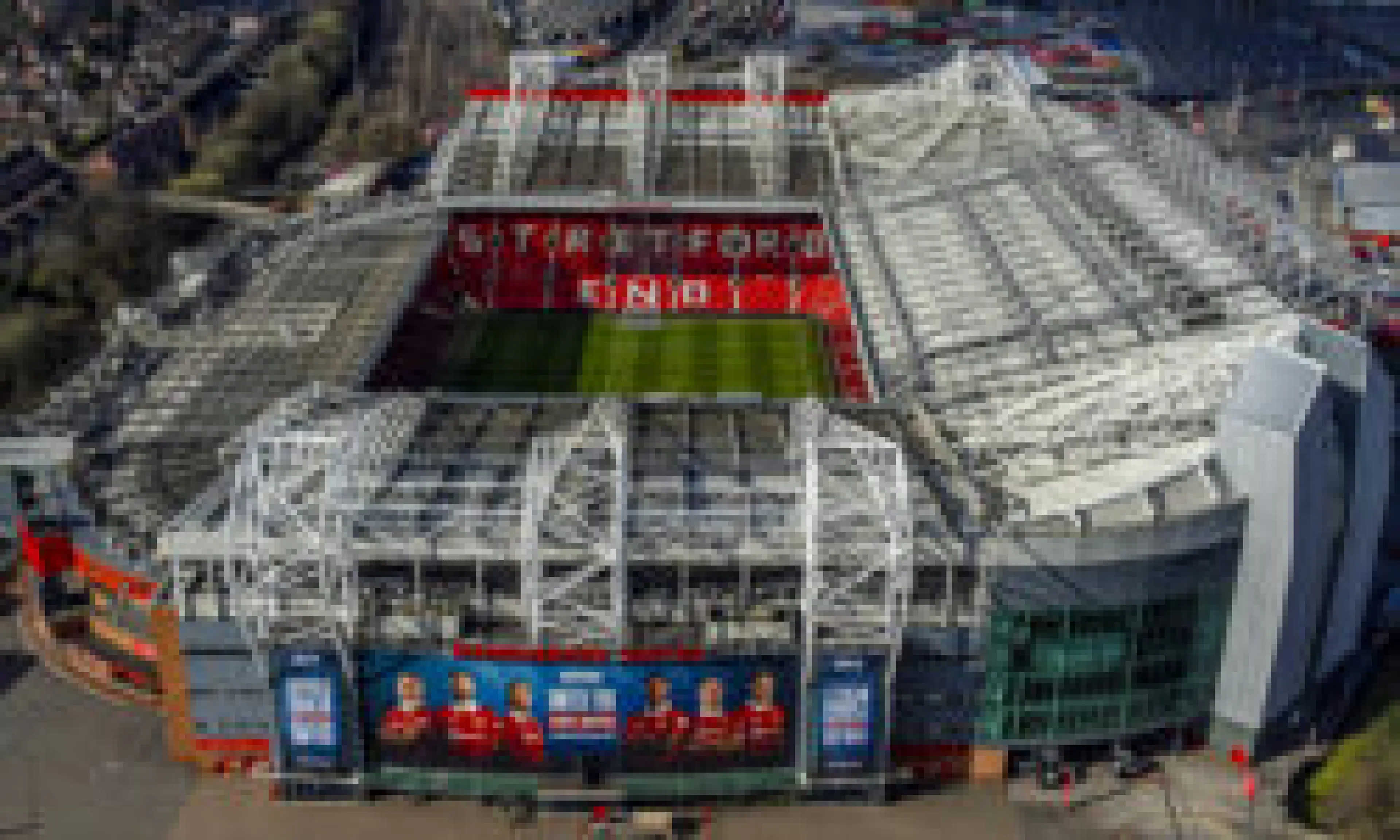
Next Manchester United owners: The contenders
The neverending Manchester United takeover saga is showing no sign of abating after Sheikh Jassim reportedly submitted an improved fifth and final bid for the club in June.
The club announced in November that the board was exploring strategic alternatives to enhance growth at Manchester United, with a full sale one option being considered.
The Qatari banker is involved in a battle with Ineos owner Sir Jim Ratcliffe to take control of the club from the owners, the Glazer family, who are said to value United at £6billion.
'It is take it or leave it time…it's his fifth and final offer'
Sky Sports News chief reporter Kaveh Solhekol explains Sheikh Jassim’s latest offer to takeover Manchester United 💰 pic.twitter.com/wK1F9sIYKe
— Sky Sports News (@SkySportsNews) June 7, 2023
Both men publicly confirmed initial offers after the February 17 soft deadline for expressions of interest, then another by the second deadline of March 22.
That was eventually extended by a few days and the Raine Group, the merchant bank brought in to oversee the process, asked interested parties for their third and final bids on April 28.
Talk increased over the subsequent 40 days that Ratcliffe and Ineos had emerged as favourites to take over at United, despite Sheikh Jassim placing a fourth bid in May.
Now it is understood the Qataris have lodged a fifth and final bid, along with sending a warning that patience is wearing thin.
Here, we look at the contenders to buy one of the most high-profile clubs in the world.
Sheikh Jassim Bin Hamad Al Thani
The fifth offer made by Sheikh Jassim remains for 100 per cent of the club, but his June 9 deadline for an answer has long gone amid silence from the Glazer camp.
While the offer is understood to remain after that point, that deadline marked the end of their ongoing engagement in the process.
The sheikh is the chairman of Qatar Islamic Bank, one of his country’s biggest banks. His father Hamad bin Jassim bin Jaber Al Thani is a former prime minister of the Middle East state.
There is relatively little information about him in the public domain, but it is known he attended boarding school in the UK and went on to the Royal Military Academy at Sandhurst, during which time he apparently fell in love with United.
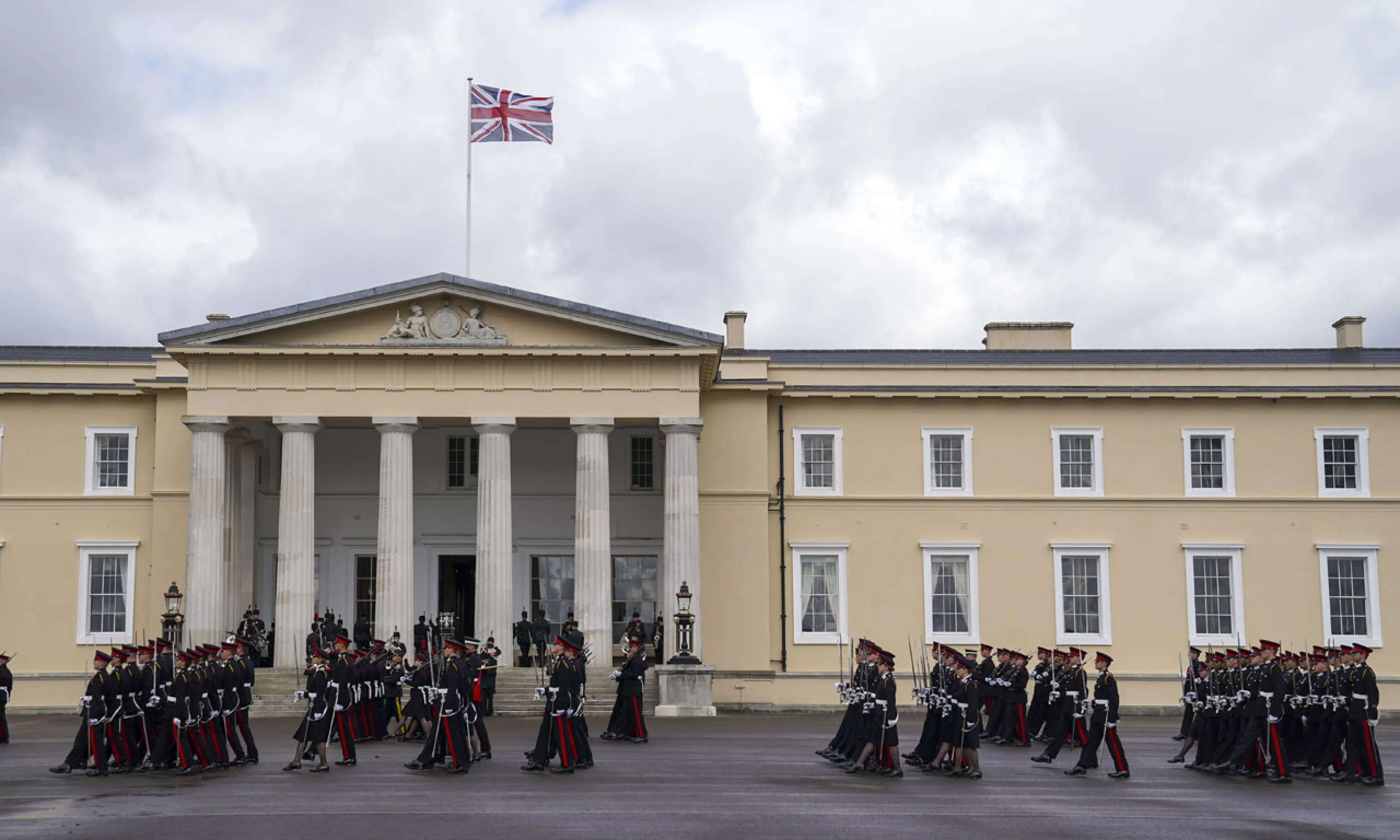
Amid potential controversy about state ownership of clubs, Sheikh Jassim was clear when announcing his bid that his interest was a private initiative through his Nine Two Foundation. He hopes to take 100 per cent control of the club and has vowed, if he does so, to wipe all debts and invest considerably in the club and its infrastructure and support local communities.
“The bid plans to return the club to its former glories both on and off the pitch, and – above all – will seek to place the fans at the heart of Manchester United Football Club once more,” a statement read.
“The vision of the bid is for Manchester United Football Club to be renowned for footballing excellence, and regarded as the greatest football club in the world.”
Sir Jim Ratcliffe
Ratcliffe’s bid is reported to be structured to allow two members of the Glazer family to keep a combined 20 per cent stake, although his proposal would involve being able to buy the remaining shares after three years.
The 70-year-old Manchester-born businessman is the second richest person in the UK, according to the Sunday Times Rich List, with an estimated personal wealth of approximately £6billion. A boyhood United fan who grew up on a council estate, he founded the chemicals firm Ineos in 1998 and oversaw its growth to become a company now worth an estimated £50bn.
His interest in sport has become well known in recent years. He owns French Ligue 1 side Nice and Swiss Super League outfit FC Lausanne-Sport, as well as the cycling team Ineos Grenadiers. Last year he submitted a bid to buy Chelsea, where he once held a season ticket, but ultimately lost out to the American Todd Boehly.
His bid would be funded through Ineos.
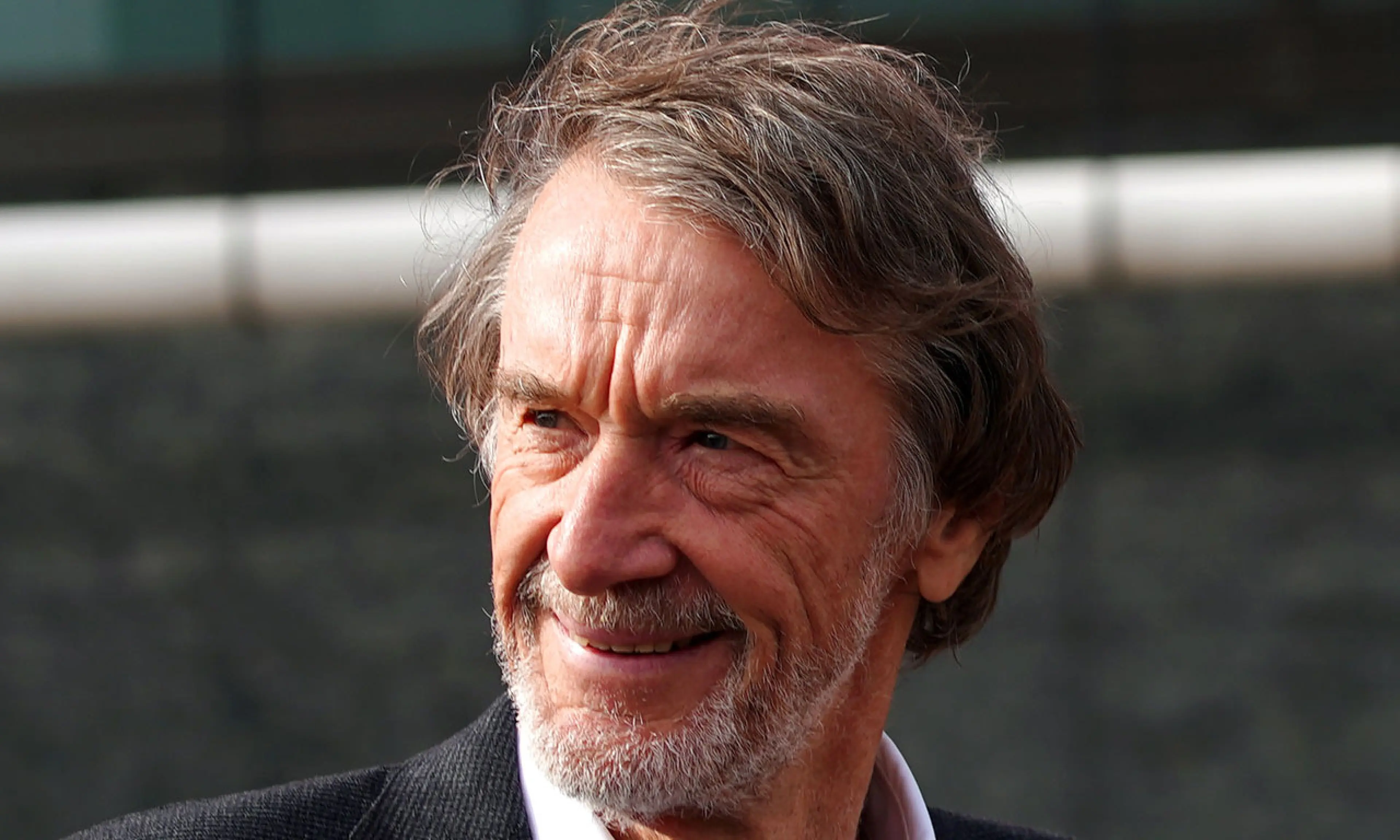
“We would see our role as the long-term custodians of Manchester United on behalf of the fans and the wider community,” read a statement from the company.
“We are ambitious and highly competitive and would want to invest in Manchester United to make them the number one club in the world once again.”
What are the objections to Qatari bid?
Amnesty International has said Manchester United fans are right to be concerned that their club could become part of a wider programme of Qatari sports-washing.
The Manchester United Supporters’ Trust (MUST) issued a statement on February 19 airing concerns around multi-club ownership – given Qatar Sports Investments’ control of Paris St Germain – and around human rights, with Amnesty describing the takeover battle at United as an “urgent reminder” of the need for the Premier League to tighten ownership rules.
“Fan groups are right to be concerned that a Qatari buy-out of Manchester United is likely to be part of a wider programme of Qatari sportswashing, where the glamour of football is used to refashion the country’s image regardless of serious and systematic human rights abuses,” Peter Frankental, Amnesty International UK’s economic affairs director, said.
“The Qatar World Cup has come and gone, yet we’re still waiting for reforms to improve the lives of exploited migrant workers in Qatar as well as a worker compensation fund – while disgraceful anti-LGBTQ+ laws remain in force, and freedom of speech and women’s rights are still unacceptably curtailed.
“Ever since the Newcastle United takeover we’ve been warning that the door is still wide open for state-linked purchasers to buy their way into the Premier League without the need to meet the necessary ethical standards.
“The drama at Old Trafford is another urgent reminder that the Premier League needs to overhaul its ownership rules to ensure they’re human rights-compliant.”

Prior to the Qatari announcement, the club’s LGBTQ+ supporters’ group the Rainbow Devils raised “deep concern” regarding interest from nations where same-sex relationships are criminalised.
Al Thani, though, is understood to have made clear that everyone remains welcome as his bid seeks to “place the fans at the heart of Manchester United Football Club once more”.
MUST said it shared those concerns, and also wanted clarity over what it described as the “exceptionally close links” between the Qatar bid and PSG on the one hand, and the bid by Sir Jim Ratcliffe and Nice on the other.
UEFA rules bar clubs from entering its competitions if owners are felt to have decisive influence over two or more clubs who qualify.
Sources close to the United bid – and separate sources linked to QSI – say there is no legal or operational overlap with PSG. In any event, UEFA has previously allowed Red Bull Salzburg and RB Leipzig to play in the Champions League at the same time.
Manchester United’s potential takeover comes after the Premier League was urged to re-examine “legally binding assurances” given by Newcastle’s Saudi owners that the Middle East state would not have control of the club following the filing of a new court document in the United States.
The document raised fresh questions about the level of separation between the Saudi state and the Public Investment Fund (PIF), whose governor Yasir Al Rumayyan is also chairman of Newcastle.
A brief filed in a court case involving the PGA Tour and LIV Golf describes the PIF as “a sovereign instrumentality of the Kingdom of Saudi Arabia” and Al Rumayyan as “a sitting minister of the Saudi government”.
The Premier League approved the PIF-led takeover of Newcastle in October 2021.
Frankental said: “In the 18 months since the Newcastle purchase, the human rights situation in Saudi Arabia has deteriorated markedly, with scores of executions after unfair trials, courts jailing peaceful critics, and the authorities continuing to block accountability for Jamal Khashoggi’s murder.”
The Premier League’s chief executive Richard Masters declined to comment on the matter after his on-stage appearance at the Financial Times Business of Football Summit in London on March 2.
Masters told the BBC in November 2021 that if his organisation found evidence there was state involvement in the running of the club “we can remove the consortium as owners of the club”.
How much is Manchester United worth?
The Glazer family supposedly want £6bn for United which would trump the £2.5bn American businessman Todd Boehly paid for Chelsea – although the overall deal adding in further investment came to £4.25bn.
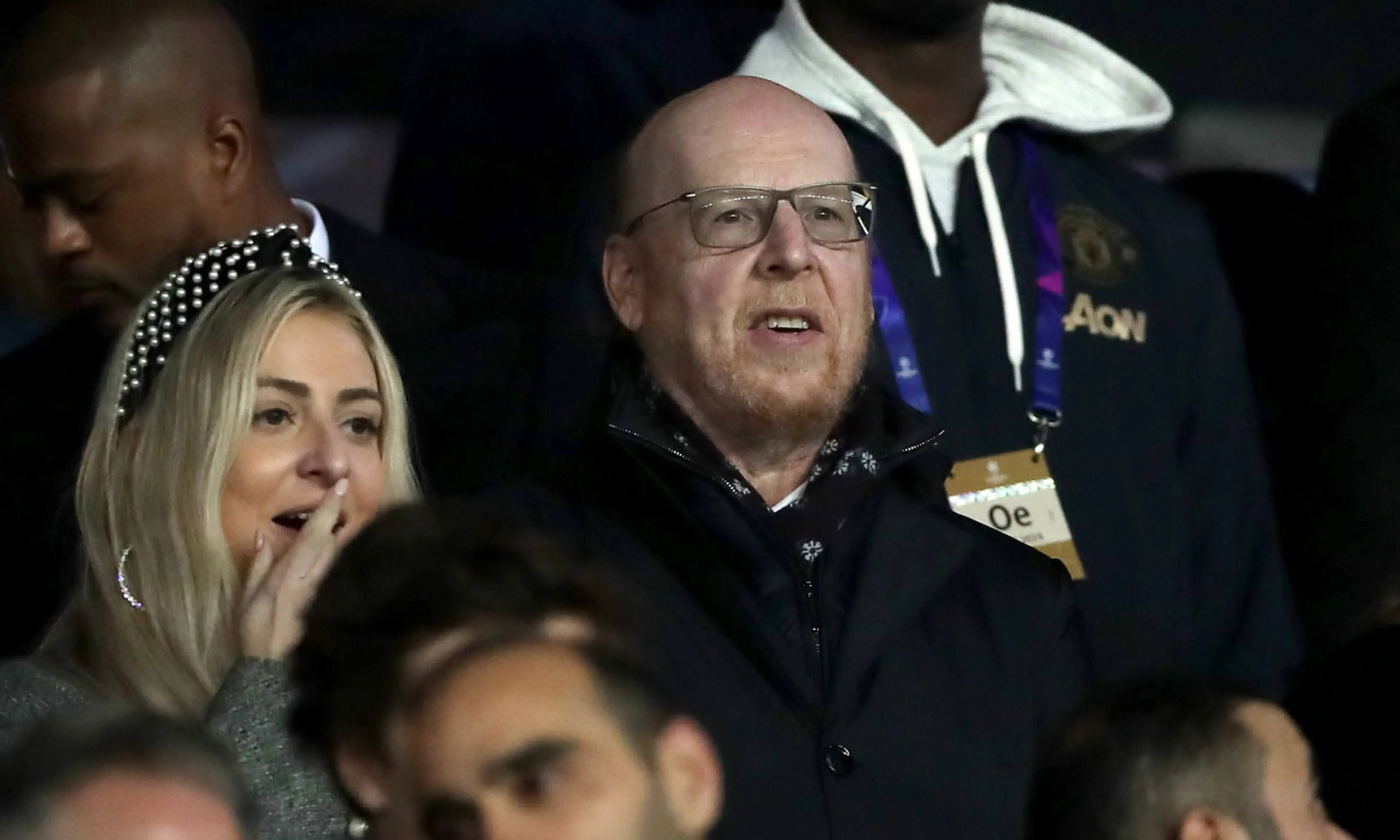
The original offers made for the club probably took into account the debt which stands at more than £500m, although that figure does not take into account transfer fees owed and the cost of improving the infrastructure at Old Trafford and the training ground at Carrington.
Previous Manchester United owners
The modern history of United’s ownership started after the Munich air disaster when Louis Edwards, a friend of manager Matt Busby, gradually acquired a majority shareholding of 54% in 1964.
Louis’ son Martin bought another batch of shares from previous owners the Gibson family in 1978 and became chairman of the club upon his father’s death two years later.
Media magnate Robert Maxwell tried to buy the club in 1984 but failed to match Edwards’ asking price and five years later a deal to sell United to Michael Knighton fell through.
In 1991, the club raised £6.7m when it was floated on the stock exchange and Rupert Murdoch had a £623m takeover bid accepted seven years later, only for it to be rejected by the Monopolies and Mergers Commission.
John Magnier and JP McManus became the majority shareholders over a period of time and were involved in a power struggle with United manager Alex Ferguson in a dispute over the contested ownership of the racehorse Rock of Gibraltar.
The racehorse owners tried to have Ferguson sacked, so the club’s board approached investors to buy more shares to reduce the majority of the Irish duo.
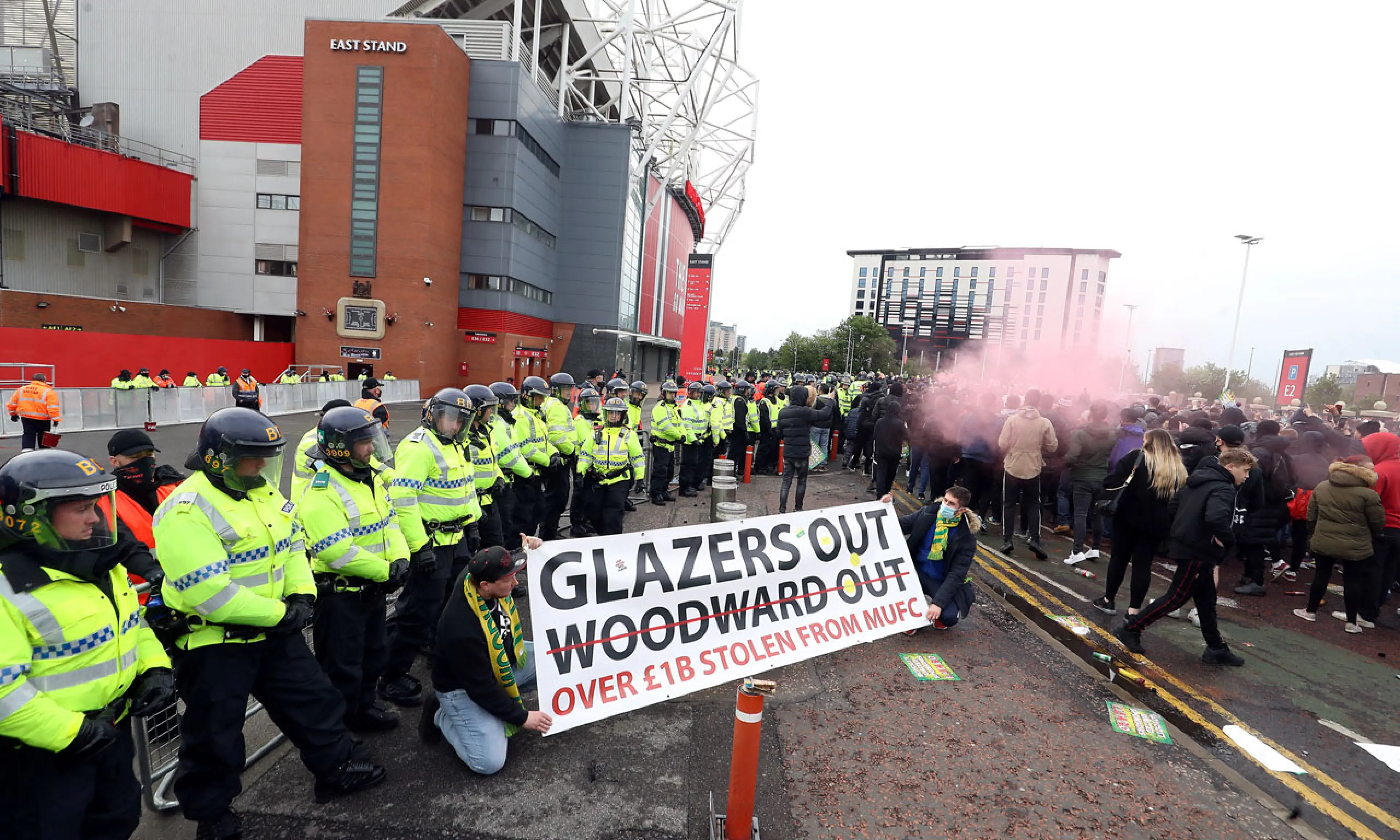
In May 2005 the Glazer family bought the 28.7% stake held by Magnier and McManus, before they completed a leveraged £800m takeover with mainly borrowed money, debts which were subsequently transferred to the club.
Fans were understandably angry that the club was now saddled with a £540m debt at interest rates ranging from 7-20%, and despite the issuing of bonds, refinancing packages and a launch on the New York Stock Exchange, United’s debt still stood at £400m in 2019 and the Glazers own more than 70% of the shares.
All odds and markets are correct as of the date of publication








